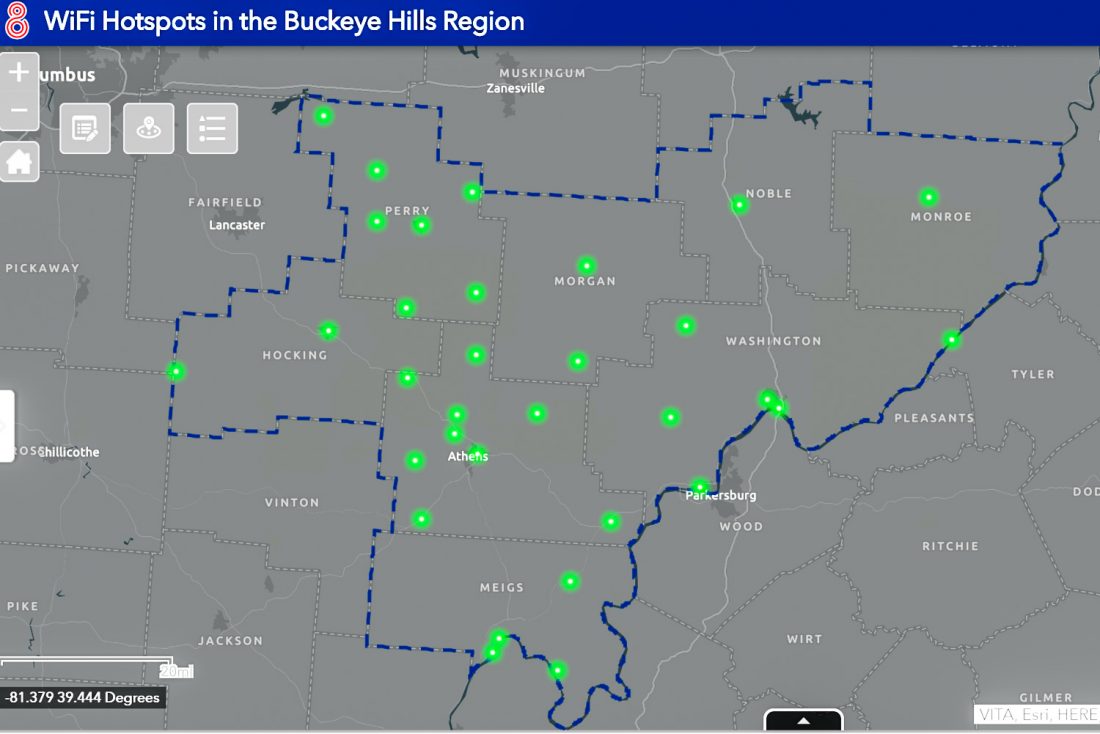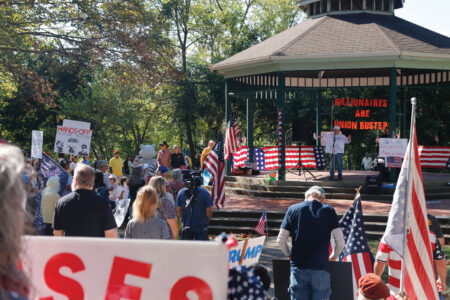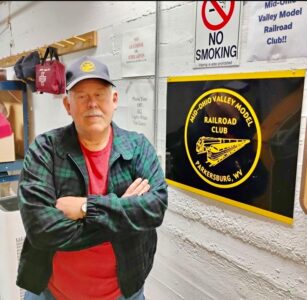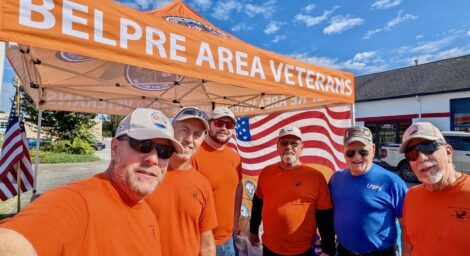Wi-Fi hot spot map available for residents

Map courtesy of Buckeye Hills Regional Council An interactive map crowdsourced to find local free wifi hotspots may be found at buckeyehills.org/wifi
Access, speed and reliability all factor into Southeast Ohio’s ability to work, teach, learn and connect remotely during the COVID-19 pandemic.
On Wednesday, Buckeye Hills Regional Council announced a crowdsourced interactive map to find local Wi-Fi hotspots to meet some of that need but is welcoming more input and data through buckeyehills.org/wifi.
“This is meant to be added to by the public, it’s primarily libraries that we knew had extended the service into their parking lots but the whole point is for people to add it in and share,” said Buckeye Hills GIS Coordinator Jason Pyles. “We want people to feel comfortable using (the tool). If they can’t figure it out or it doesn’t seem to make sense please contact us. It’s non-beta enough that we’re comfortable to put it out there but we’re never going to make it perfect the first time. If there are things that make it difficult to use or are unclear we want to know to make better usability as we get feedback.”
The map, he said, is a resource that has been requested by residents of Washington, Noble, Monroe, Morgan, Perry, Athens and Meigs counties for the last couple of years but with a renewed interest during the pandemic.
“This is going to be useful in the future, too, it’s something that people have been asking about nonspecifically for a while,” said Pyles.
When one clicks on a highlighted dot on the map, a short profile appears sharing the location and hours of operation for a Wi-Fi hotspot, and additional information including point of contact if the entry is missing information.
“We want you to tap on the little dot, to see who it is, the business hours and location,” said Pyles. “Our goal is to share the pertinent information, is there parking lot, how do you access it and all of these questions we’d ask you to fill out if you’re adding to it.”
Pyles said the resource is expected to expand as businesses and other entities like schools add Wi-Fi hotspots for public use, which places like Fort Frye High School have done to offer a location for students to complete their distance coursework.
He said Buckeye Hills is not currently field-verifying or auditing the sites entered.
“Given the current situation, if somebody puts one on there it will live on there until we are told or notice otherwise,” said Pyles. “This is a crowdsourcing effort, we are assuming people are adding things in good faith.”
Fort Frye Local Schools Superintendent Stephanie Starcher said having Wi-Fi access is the first part of a long-discussed and needed resource for rural and Appalachian schools.
She currently serves as the president for the Coalition of Rural and Appalachian Schools and serves on other state superintendent committees.
“We already knew this need existed, but this coronavirus has only brought to light further that clear disparity for rural students,” said Starcher. “In our school district, for example, in Lower Salem and Whipple the internet drops regularly and connectivity is regularly an issue so even if you have access … then you have the second issue of parents being able to have Wi-Fi… that’s a poverty issue. And even if it’s not poverty, they don’t have reliable access.”
Reliable access is also why a nonprofit cooperative has formed in Washington County and achieved the state nonprofit status over the last few weeks.
Lowell resident David Brown, owner of Confluence Security and Fraud Solutions, kicked off the effort to connect the final consumer piece of broadband access this year, building on work completed by legislators and local government organizations like Buckeye Hills in the past five years.
“What’s missing is what is called in the tech world that final mile,” said Brown.
Brown noted that corporate broadband infrastructure companies have built the “backbones” for higher speeds throughout Washington County and Southeast Ohio already.
“But it’s not economical to complete that final step to bring it to residents,” said Brown.
So with the partnership of interim directors Peggy Bailey and Jamie Booth, and the backing of more than 700 members on Facebook, the group is now working to secure funding to create that final connection step.
“In the 1930s the cooperatives were formed in rural areas for power supply and then again into the ’50s and ’60s for telephone lines,” explained Brown. “I worked for a telephone cooperative in South Carolina before coming home here that employed more than 1,000 people in one county.”
While employment of 1,000 might be a stretch for Washington County, if the cooperative ownership is successful, he said this effort could potentially bring 150 jobs to Southeast Ohio.
Brown also heads a local group of IT professionals working to refurbish donated computers to provide those resources to local school children in need of a device to complete schoolwork.
On Thursday, Brown brought this movement forward to the Washington County commissioners and also lauded Donnie Rader, the county IT director, for helping to arrange the donation of 20 surplus computers to the effort.
Janelle Patterson may be reached at jpatterson@mariettatimes.com.
Staying safe online:
– When using a hotspot, log in or send personal information only to websites you know are fully encrypted.
– Don’t stay permanently signed into accounts.
– Maintain updated security software.
– Turn off auto-connect on your mobile device.
– Use a virtual private network. VPNs encrypt traffic between your computer and the internet, even on unsecured networks. VPN options are available for mobile devices; they can encrypt the information you send through mobile apps.
– Look for https in the URL to know a site is secure.
Sources: Confluence Security and Fraud Solutions Owner David Brown, U.S. Federal Trade Commission.





